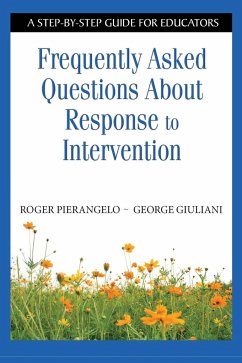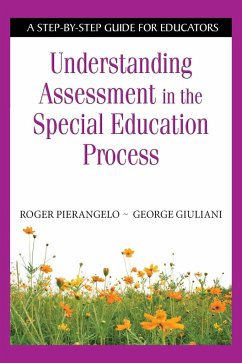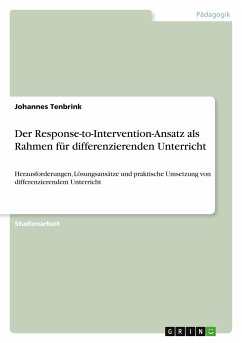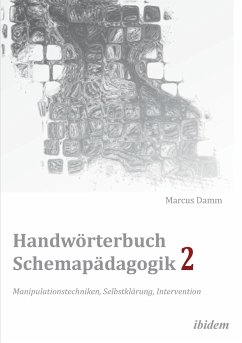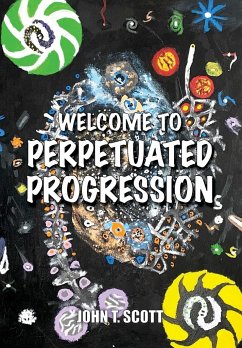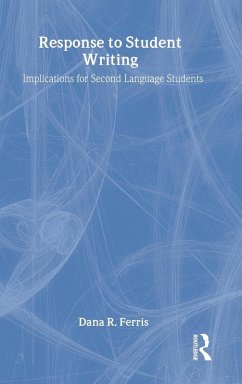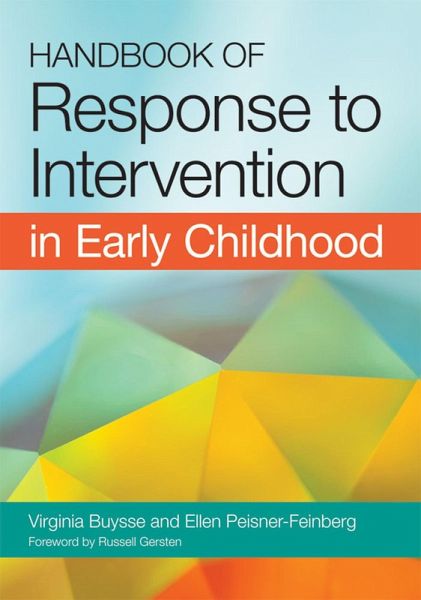
Handbook of Response to Intervention in Early Childhood
Versandkostenfrei!
Versandfertig in über 4 Wochen
53,99 €
inkl. MwSt.

PAYBACK Punkte
27 °P sammeln!
Response to intervention (RTI) is improving student outcomes in K–12 classrooms across the country, but how can it best be applied in early childhood settings? Find out in this authoritative handbook, the first complete resource on what we know about using RTI to promote all young children's school and social success. With cutting-edge research from more than 60 of today's leading experts, this foundational resource will be an essential reference for every early childhood administrator, whether program-, district-, or state-level. You'll get a comprehensive primer on RTI, including detailed ...
Response to intervention (RTI) is improving student outcomes in K–12 classrooms across the country, but how can it best be applied in early childhood settings? Find out in this authoritative handbook, the first complete resource on what we know about using RTI to promote all young children's school and social success. With cutting-edge research from more than 60 of today's leading experts, this foundational resource will be an essential reference for every early childhood administrator, whether program-, district-, or state-level. You'll get a comprehensive primer on RTI, including detailed information on its defining principles and features, its evidence base, specific RTI models, and program-level supports for implementing RTI. Then you'll get research-based knowledge and guidance to help you * implement specific tiered approaches to instruction and intervention, including Recognition & Response and the Teaching Pyramid * use valid, reliable universal screening and progress monitoring measures * use RTI to enrich literacy and math curriculum and instruction * strengthen school-wide positive behaviour supports with an RTI framework * integrate RTI and inclusion to strengthen education for students with disabilities * adapt RTI to meet the needs of young dual language learners * develop effective professional development to support RTI in early childhood * engage families as active partners in the RTI process * successfully sustain your RTI efforts throughout your next school year and beyond Equally valuable as a key reference for administrators and a textbook for university courses, this cornerstone volume will help RTI flourish in early childhood settings—so every young child has the best chance for school success.




